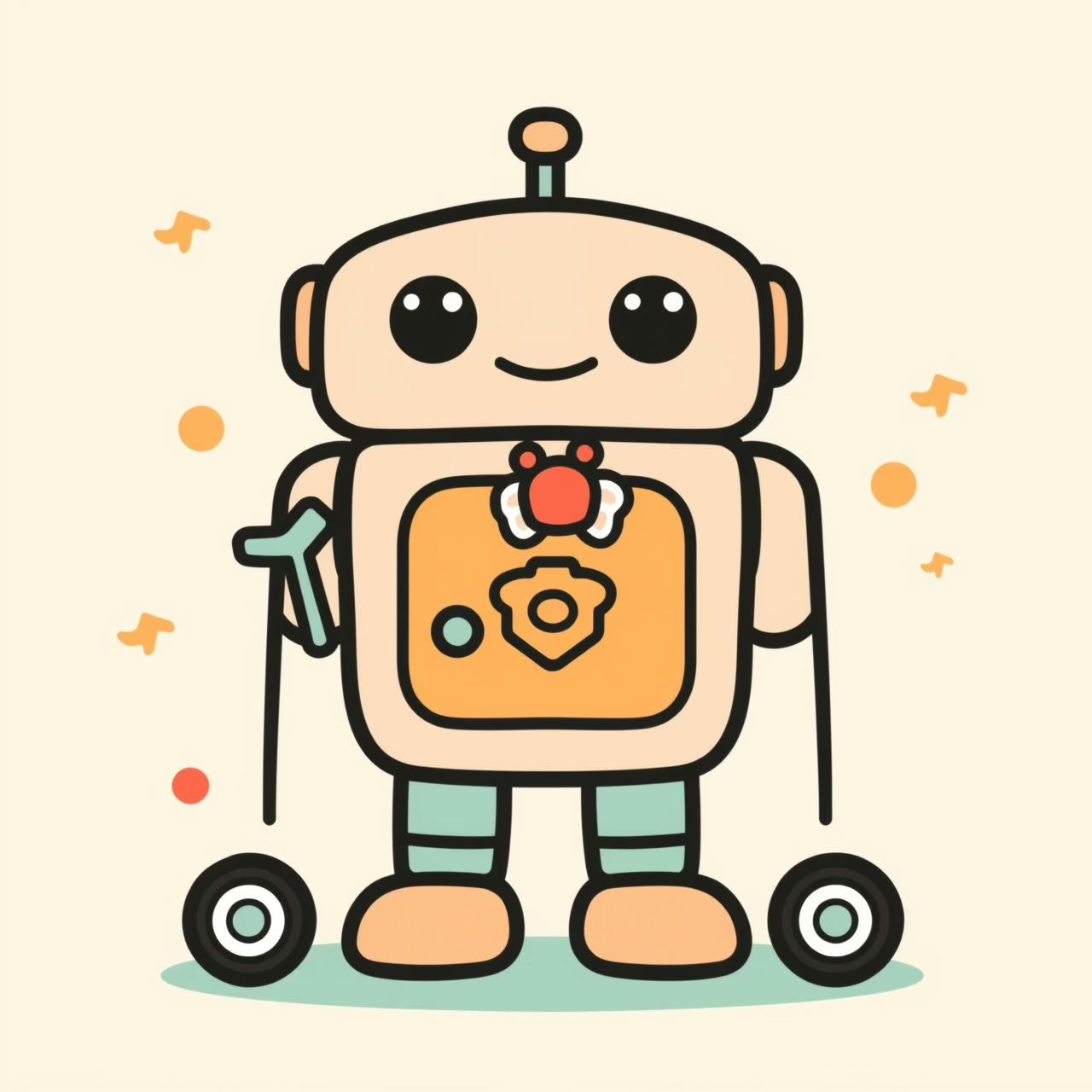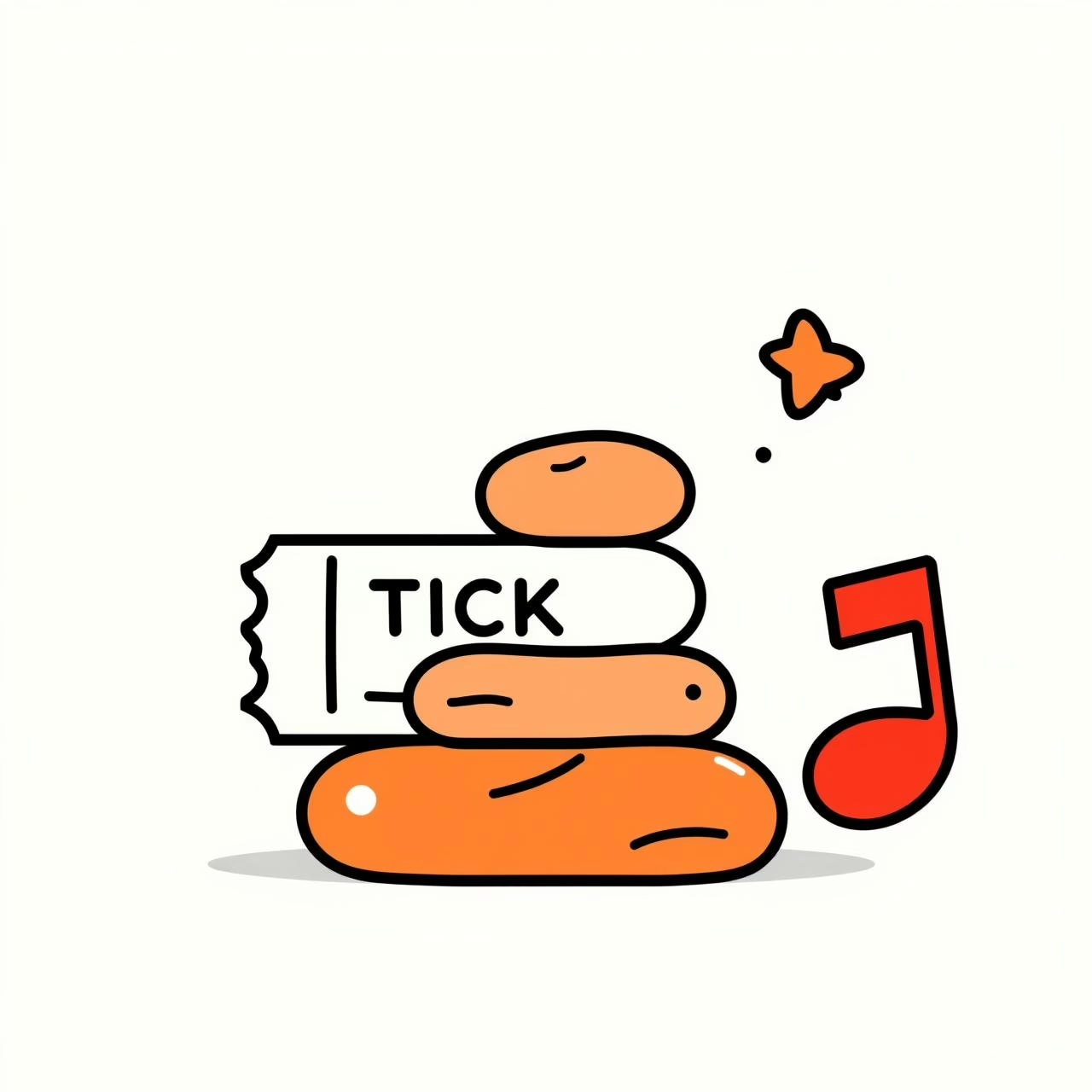
Will Today’s 7-Year-Old Write the Code that Saves Tomorrow’s Software?
Some nights the news glows so loudly it feels like the sky is yelling, “Evolve or vanish!” When analysts warn that software giants may crash within two years unless they embrace AI, I picture my seven-year-old stacking Lego props for a stop-motion movie. Much like how her focused play turns plastic bricks into entire worlds, those tiny fingers could be shaping the apps we book, bank, and breathe through in 2035—if we give her the right gear today.
From Seat Licenses to Side-Walk Chalk—Rethinking Value
The cloud crowd spent a decade charging by the user seat. Now Bain researchers predict the future is “outcome-based.” Translation? Running shoes, not ticket stubs, decide the price. The same mindset flips to parenting: focus less on how many activity classes we stack (seat count) and more on the mindset kids walk away with (what actually sticks).
Imagine skipping one Saturday cram session for a maker-mess: cardboard, crayons, and a goal—design a dream taxi that never stalls in traffic. Outcome? Your kid codes a story, you save the fee, and grit grows thicker than any workbook drill ever could.
AI Cannibalizes Software—So Let Curiosity Cannibalize Boredom
EY data shows leaders racing to “proactively replace SaaS before AI entrants do it for them.” Translation? Nothing sits still; rules rewrite themselves nightly. Kids who see knowledge as a fixed tower may panic when tomorrow’s tower sprouts wings. Hand them a scavenger lens instead—today’s walk can be cataloging five neighborhood sounds, tomorrow those recordings remix into a homemade soundtrack.
Quick snack burst: record the park twittering on a phone, then blend it (free apps galore) into a bedtime lullaby. Low prep, high wonder, zero tablets required.
Upskill the Living Room—Micro-Courses of Joy

Leaders are told to “shift from seats to results” and train staff daily. Kids don’t need corporate buzzwords, but they do adore daily micro-games. Pick one cloud-free evening and try a 10-minute Fix-the-Puppy challenge—hide a tiny sticker somewhere on a robot toy so it stalls. Task: spot the bug, remove the sticker, then cheer like you just won the lottery. Third round? You’ve planted the seed—problems don’t bite; they invite playmates.
Fun fact from Harvard Business Review research: workplaces that welcome experimentation double creative outcomes. Translates perfectly to that rug in front of your sofa.
Adaptability Beats Aptitude—The Temptation Trial Remixed
Psychologists love studies about patience—like waiting for cookies to cool before taking a bite—but software shifts faster than snack rules. Build that same flexible thinking at home: finish today’s puzzle one way, then race to rebuild it upside-down just to see if gravity minds. Cheering laughter wires brains for creativity better than any glossy test score.
Still wondering why this matters for an elementary kid? Remember when Microsoft’s CEO said “static rules rot” in an interview? He wasn’t scaring kids; he was waking leaders up. For parents, it’s simple: static curiosity is dead. Future coders’ll wield playfulness, not rigid instructions.
Outcome-Based Bedtime—Dream Tickets for Tomorrow

If software giants must prove value with every invoice, why not bedtime? Swap the sleepy “How was school?” for “What problem turned into your playground today?” Even if the answer is, “I stacked rocks taller than my knee,” light up—because ever notice how their proud grin after an achievement mirrors a coder’s ‘Eureka!’? Celebrate the win (outcome) over minutes spent (seat time). Those tiny layers grow into the grit they’ll need when robotics club throws real bugs or internships demand problem-lovers over answer-reciters.
And when mornings feel foggy, hum a quick tune together—off-key is royalty—because songs, like good code, mix structure with surprise, training young minds to love the patterns and pivots that’ll make them tomorrow’s resilient innovators.
Source: How Software Leaders Need To Adapt To AI — Or Risk Going Extinct., Forbes, 2025/09/03
